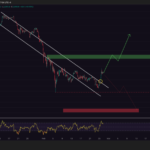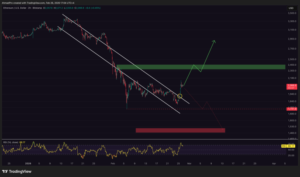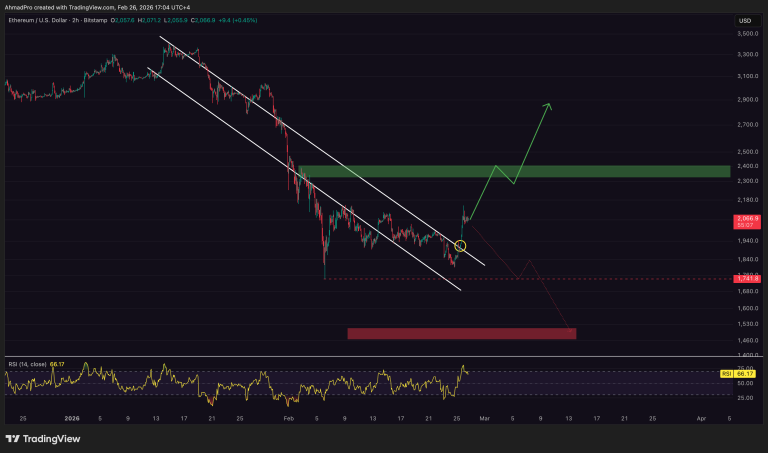Last updated:
 Why Trust Cryptonews
Why Trust Cryptonews
Ad Disclosure
We believe in full transparency with our readers. Some of our content includes affiliate links, and we may earn a commission through these partnerships. Read more

South Korean crypto exchanges are reportedly set to delist meme coins, with so-called “kimchi coins” also in the crosshairs.
Per the South Korean media outlet Viewers, the reports have left crypto traders “concerned” that a looming “crisis” could follow.
Will South Korean Crypto Exchanges Delist Meme Coins?
The outlet claimed that traders are also heeding prominent “warnings that kimchi coins,” and “meme coins with no practical use may be virtually wiped out in the event of a market correction.”
Kimchi coins are low-cap tokens that are listed exclusively on domestic crypto exchanges. While some have links to South Korean firms or entrepreneurs, others have no connection to the country.
In recent years, many traders have faced accusations of kimchi coin price manipulation attempts.
And this has brought them to the attention of regulators, who have vowed to “protect investors” from price manipulation.
The media outlet quoted unnamed “industry sources” as claiming that the market-leading exchange Upbit has decided to delist Bitcoin Gold (BTG) on January 23.
This follows the Upbit listings panel’s decision to mark the coin as a “token of concern” in December last year.
The Upbit panel cited several reasons for its “token of concern” label for Bitcoin Gold, including a lack of “transparency” in coin management. It also raised questions about “the sustainability” of the coin’s “business” model.
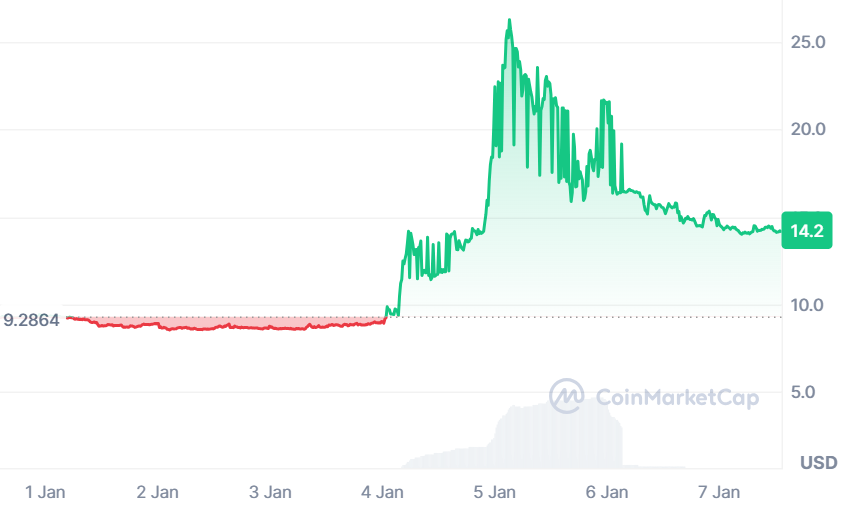
BTG the Tip of the Iceberg?
The media outlet noted that most major international crypto exchanges delisted Bitcoin Gold several years ago. And this means the token has become a de facto “kimchi coin,” it added.
On the last day of 2024, 80.4% of all global Bitcoin Gold trading took place on Upbit. On the same day, 18.1% of BTG traders were active on domestic rival Bithumb and 0.23% on Coinone.
Per Maeil Kyungjae, Coinone has sought to take advantage, offering customers Bitcoin (BTC) giveaways if they move their BTG coins onto the platform from a rival domestic platform.
The Bitcoin Gold case is unlikely to impress regulators, who have long urged crypto exchanges to streamline their listing and delisting process to avoid price manipulation attempts.
Viewers wrote: “The confusion is expected to be resolved when the financial authorities present their guidelines on listing and delisting.”
Previous attempts to create a self-regulating body for the industry appear to have ended in failure.
A self-governing body has been launched. But the body’s lack of “enforcement power,” means “each exchange still uses its own listing and delisting criteria,” the media outlet wrote.
Meme Coin Developers Taking a New Turn?
Viewers also claimed that traders are now concerned that meme coins “that were created just for fun,” might “be wiped out in the event of a market adjustment.”
It claimed the industry is aware of “a movement to break away from simple meme coins, citing Shiba Inu (SHIB)’s new ecosystem token project TREAT as an example.
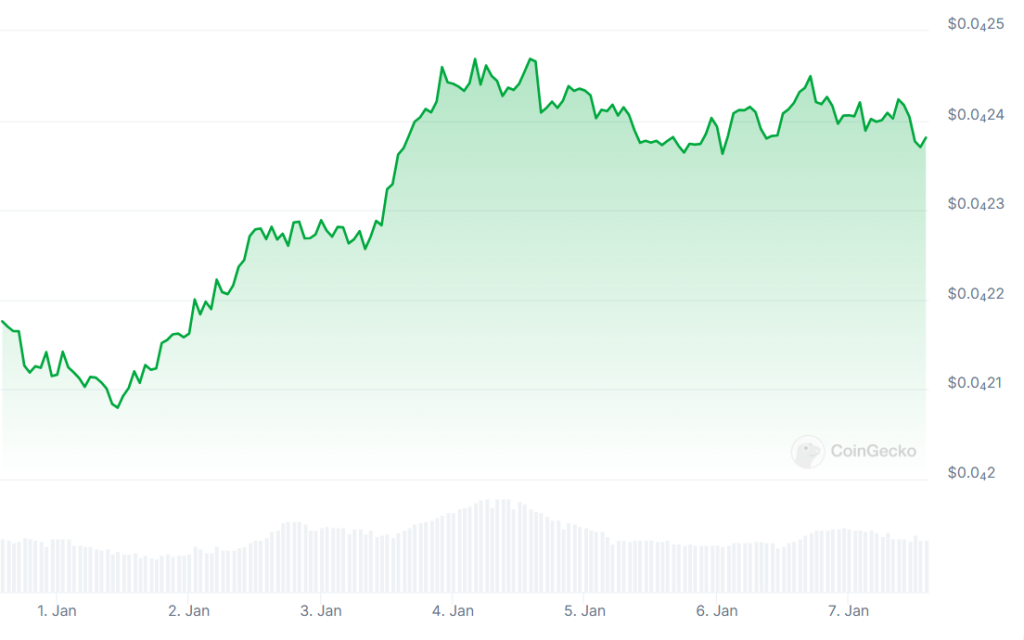
James Toledano, the Chief Operating Officer at Unity Wallet, told Cryptonews.com that the future of meme coins “depends solely on their ability to evolve beyond hype.”
Toledano argued that tokens must “demonstrate some intrinsic value or utility.” But he added that meme coins’ popularity “demonstrates the power of community-driven narratives in the crypto space.”
“For meme coins to endure, they must incorporate tangible use-cases, such as payments, DeFi integration, or gamification, rather than relying solely on speculative trading and bullshit memes. Meme coins may persist as cultural phenomena. But their long-term viability will require a shift toward value creation, rather than pure speculation.”
James Toledano, Chief Operating Officer, Unity Wallet
Meanwhile, an unnamed South Korean industry insider told Viewers:
“Speculative patterns are constantly repeated in the crypto market. When the market bubble bursts, meme coins and other coins with no utility will inevitably be the first in the line of fire.”
“Meme coins have no real value. They’re a symbol of the immaturity of the overall crypto market. But I think it’s a stage the market needs to see through to the end to mature properly into what it can be. Will meme coins always be around? Yes. But their popularity will wane in favor of projects that actually do something.”
Matthew Ruley, Director of Content at Dypto Crypto, speaking to Cryptonews.com on Jan. 7
Despite the many warnings, there is no clear sign of a meme coin slowdown just yet. The Solana team’s latest meme coin, Pudgy Penguins recently reached a market cap of $2.85 billion.
Regardless, some experts think a “correction” is now inevitable. The former BitMEX CEO Arthur Hayes claimed on January 6 that crypto markets would peak in mid-March this year before “severely correcting.”

